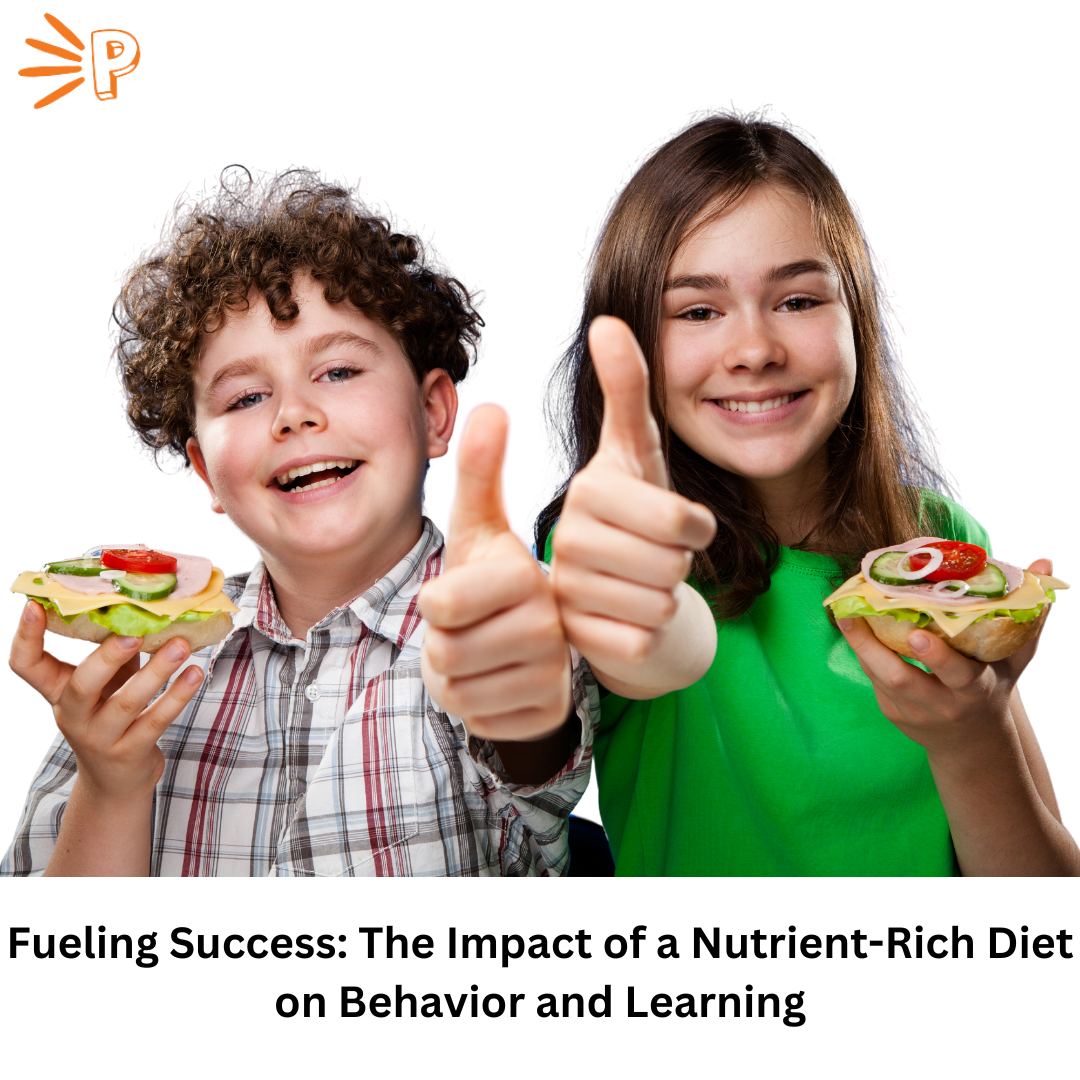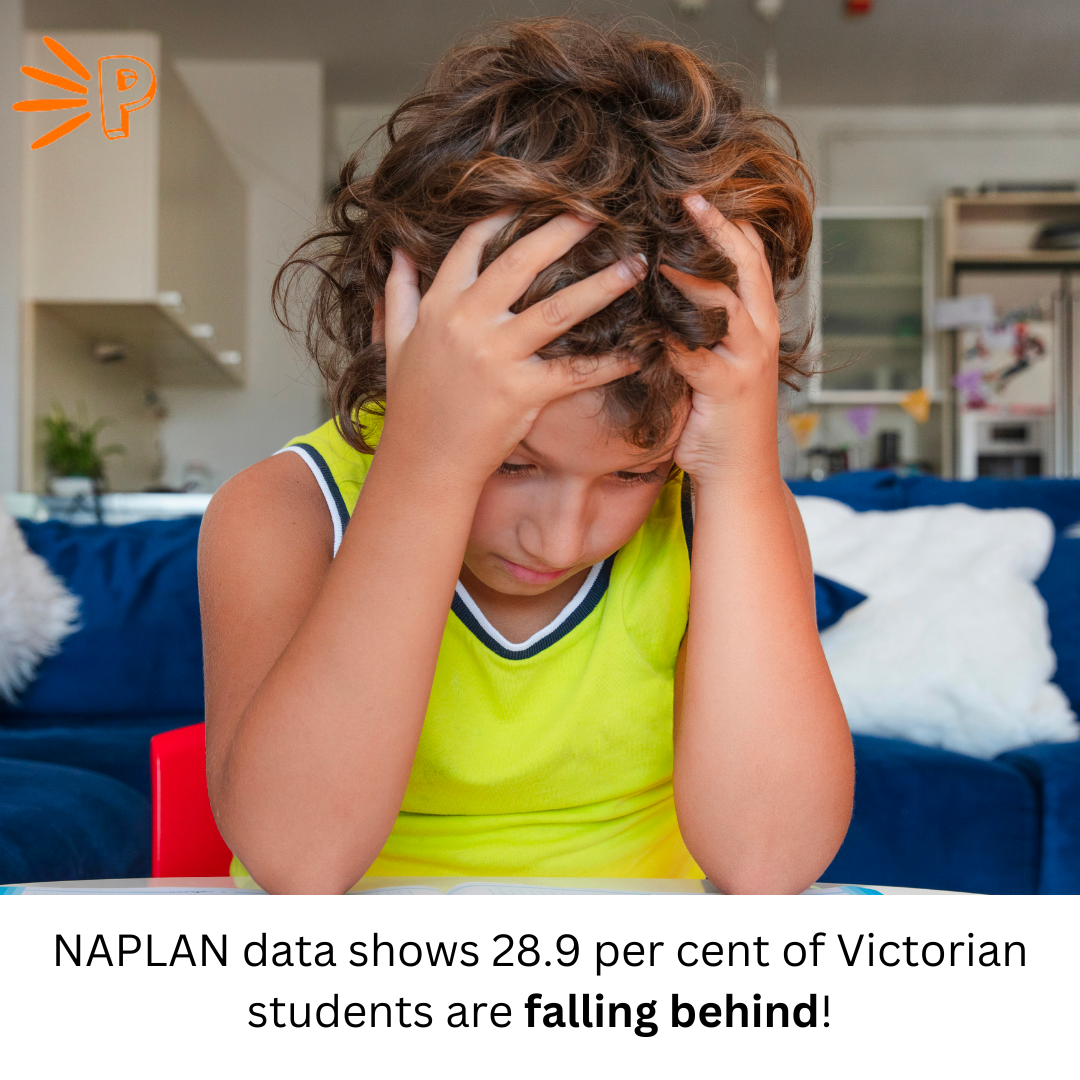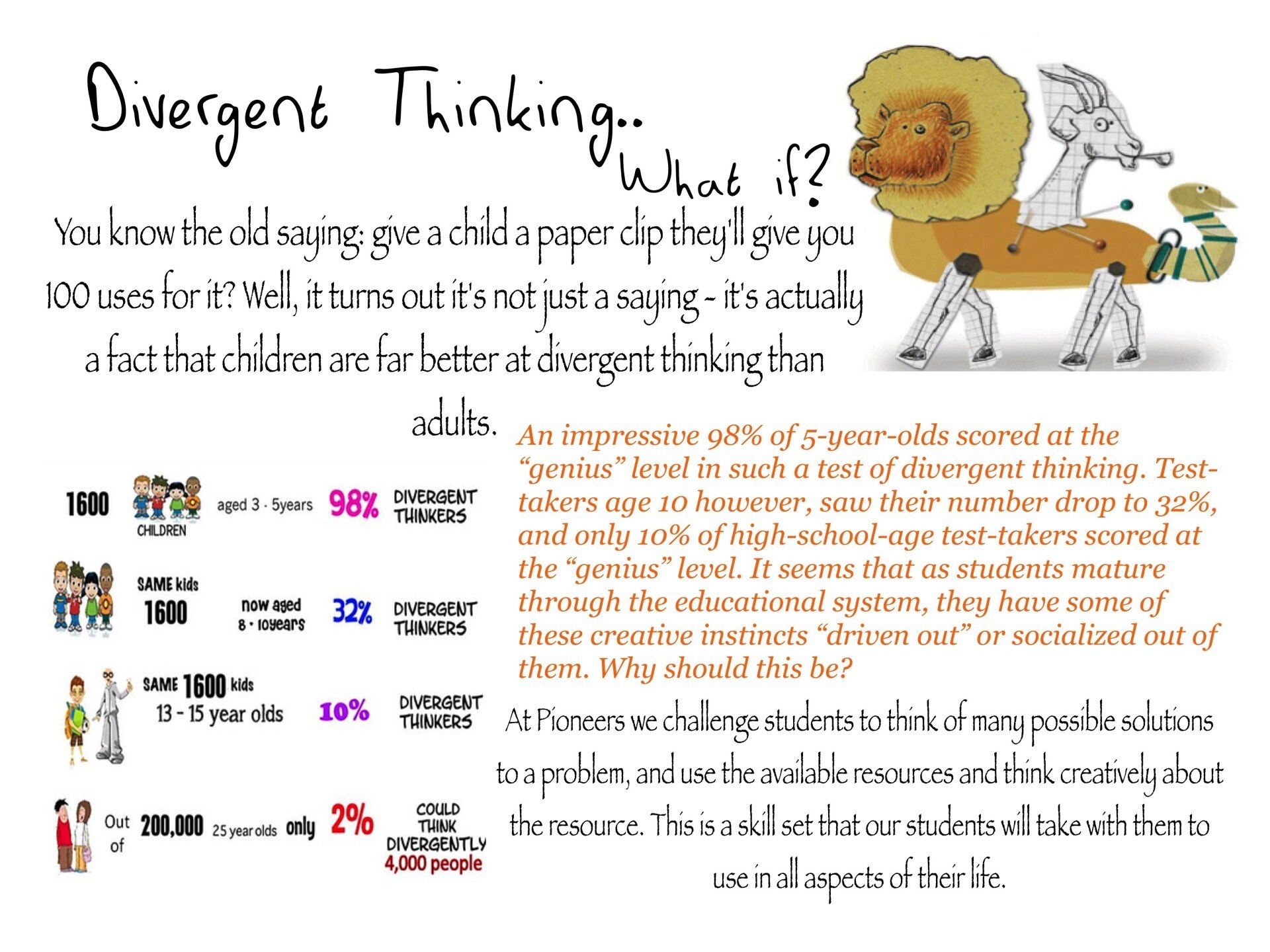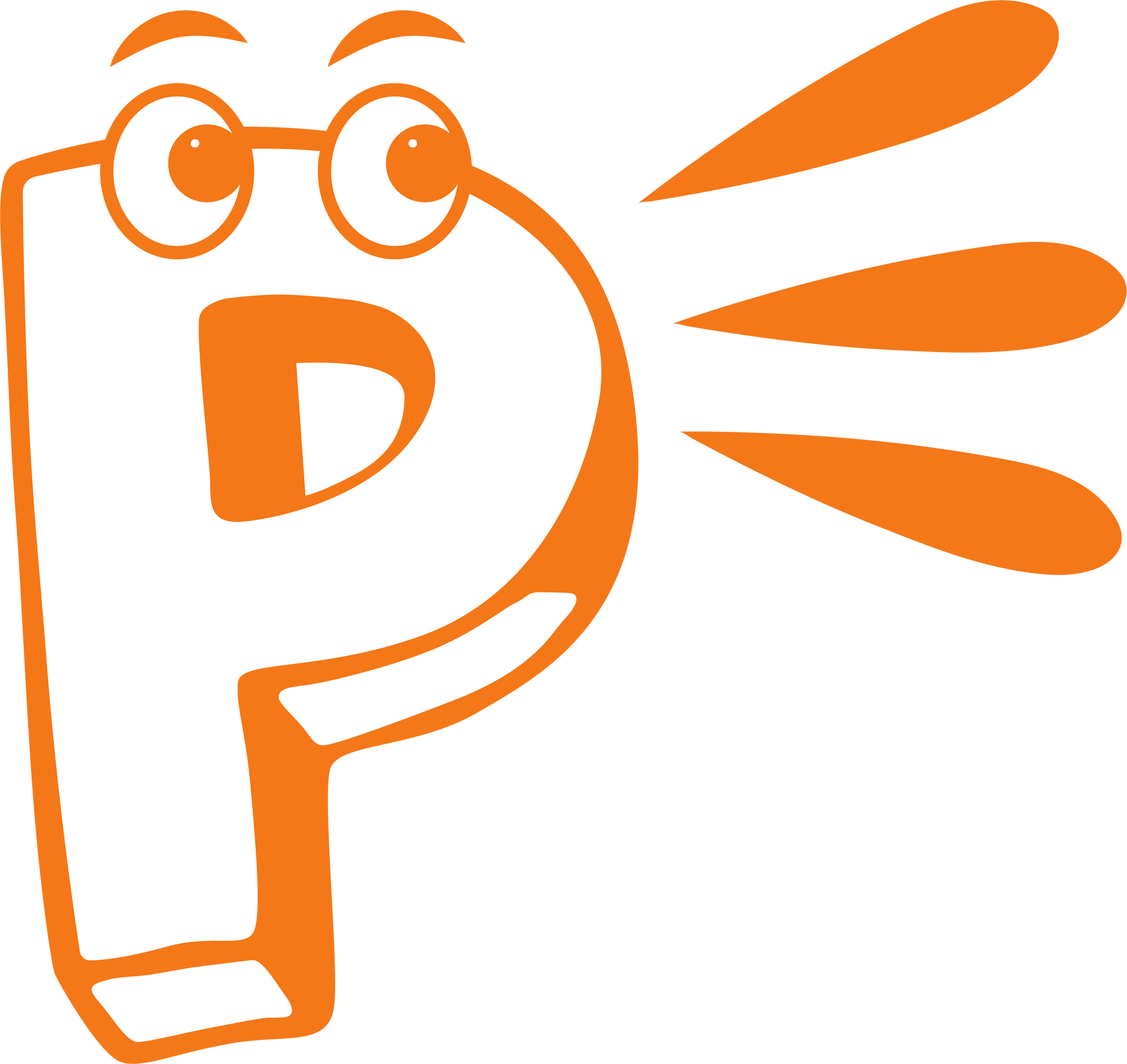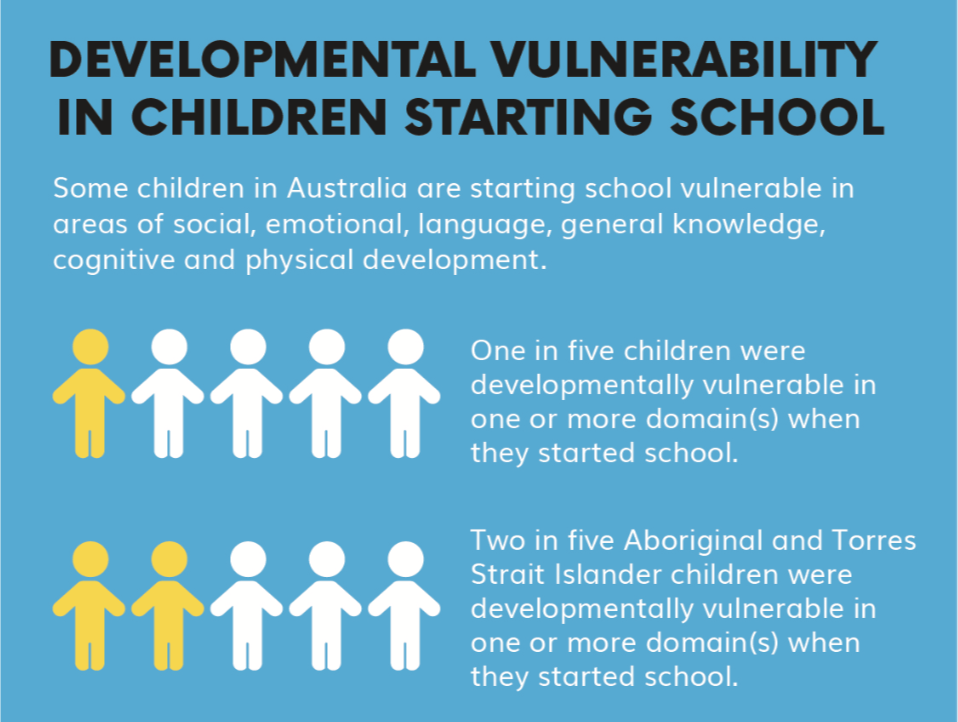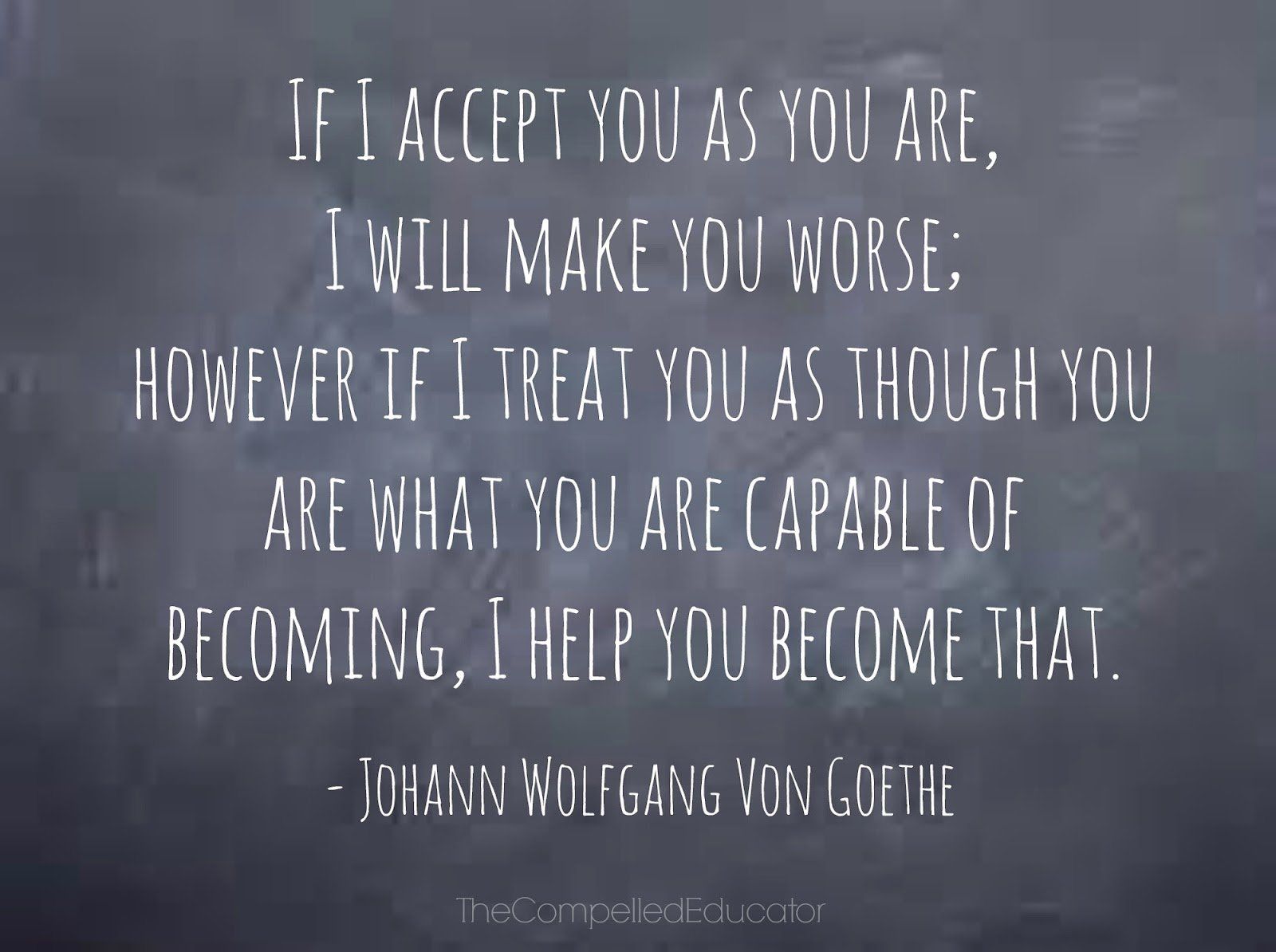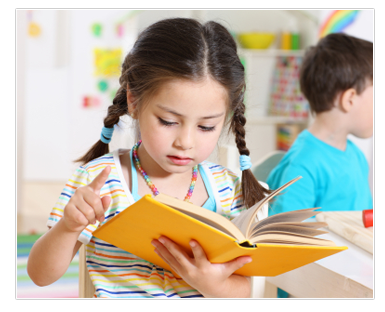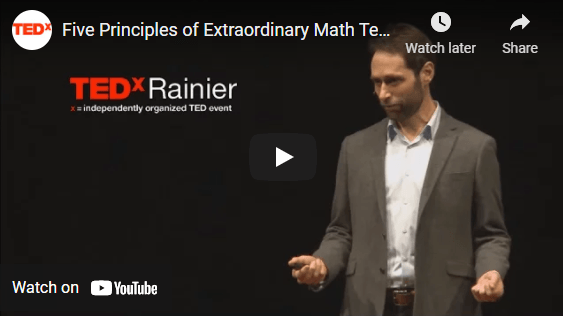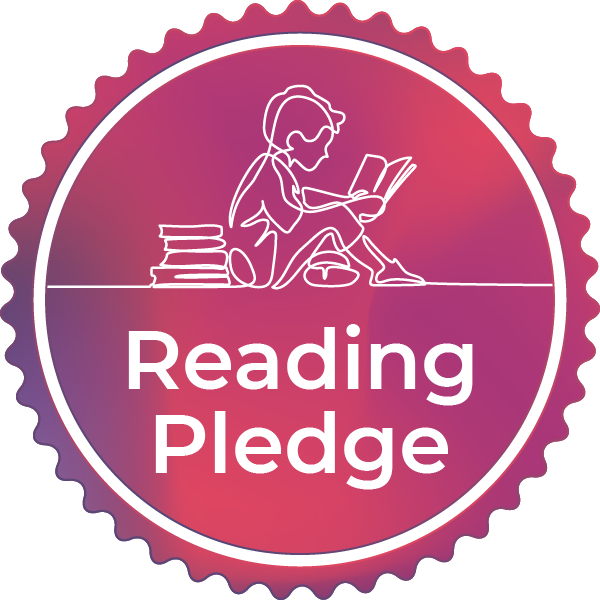Engaging & Motivating Students to Read!
Recently I have come across students in the upper primary years struggling with motivation concerning reading for comprehension rather than reading just to finish the text. This idea may sound very simple, like don't we all read to understand? Well, no, not always, reading for understanding and to then apply the knowledge is a learned skill and a very complex one also. It requires the reader to have the motivation to understand what they are reading, and the best way I have found to give this to students is through purpose. Giving students purpose and goals that they understand and feel are achievable; this is essential in this recipe to success.
I have the honor of working with a very bright girl who has the ambition to become a successful lawyer, and boy does she have the big bright personality to succeed in this role. However, she was finding it difficult to get motivated about reading a particular text; this is not uncommon for students and even adults! Sometimes as was, in this case, we forget why we read and the skills that we are attaining as we do read. In a reading conference with this student, I was able to give her purpose in her reading and break down the skills she would be developing studying the text and how that applied to her success as a lawyer. You see sometimes we need purpose, motivation, and understanding to drive our reading to the next level.
If you have a child struggling to become motivated about reading there are some things you can do to help improve their reading! Here are some examples I use in the classroom to motivate students:
- Finding a book non-fiction & fiction that sparks their interest, whether you use your school library, local library or take an exciting trip to State Libary (Melbourne, CBD)
- Give your child set reading goals that your child understands and get excited about actually achieving them; whether it be to read fluently, use grammar to guide their reading, using expression or answering some focus questions related to the text!
- Rewards systems!! I couldn't mention this one enough it works so well, there are a few key points when implementing a reward system. First, display the reward chart somewhere public and respectful in the house (make it important and well known), make sure to get a sticker your child needs to do something challenging but not over difficult (we don't want to see frustration, but concentration is great!), make sure when you do give out stickers you give a huge acknowledgement and be specific with what they have actually achieved to get their sticker (make a big deal of it and show them how proud you are).
- I also think giving your child experiences related to their reading is another great one if you're reading a book about cooking get into the kitchen and cook and relate your conversation to the book. If your child is reading about an animal at the zoo, get down to the zoo and give your child the opportunity to show off their new knowledge. Read a DIY project book and then actually do the project together!
There are many ways to make reading exciting and relevant, and I believe as educators it's our role to find the means to be excited and be creative! Children have so much imagination and creativity that is just waiting to come into play!
